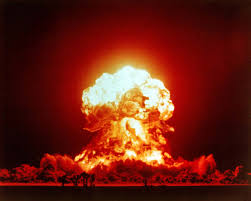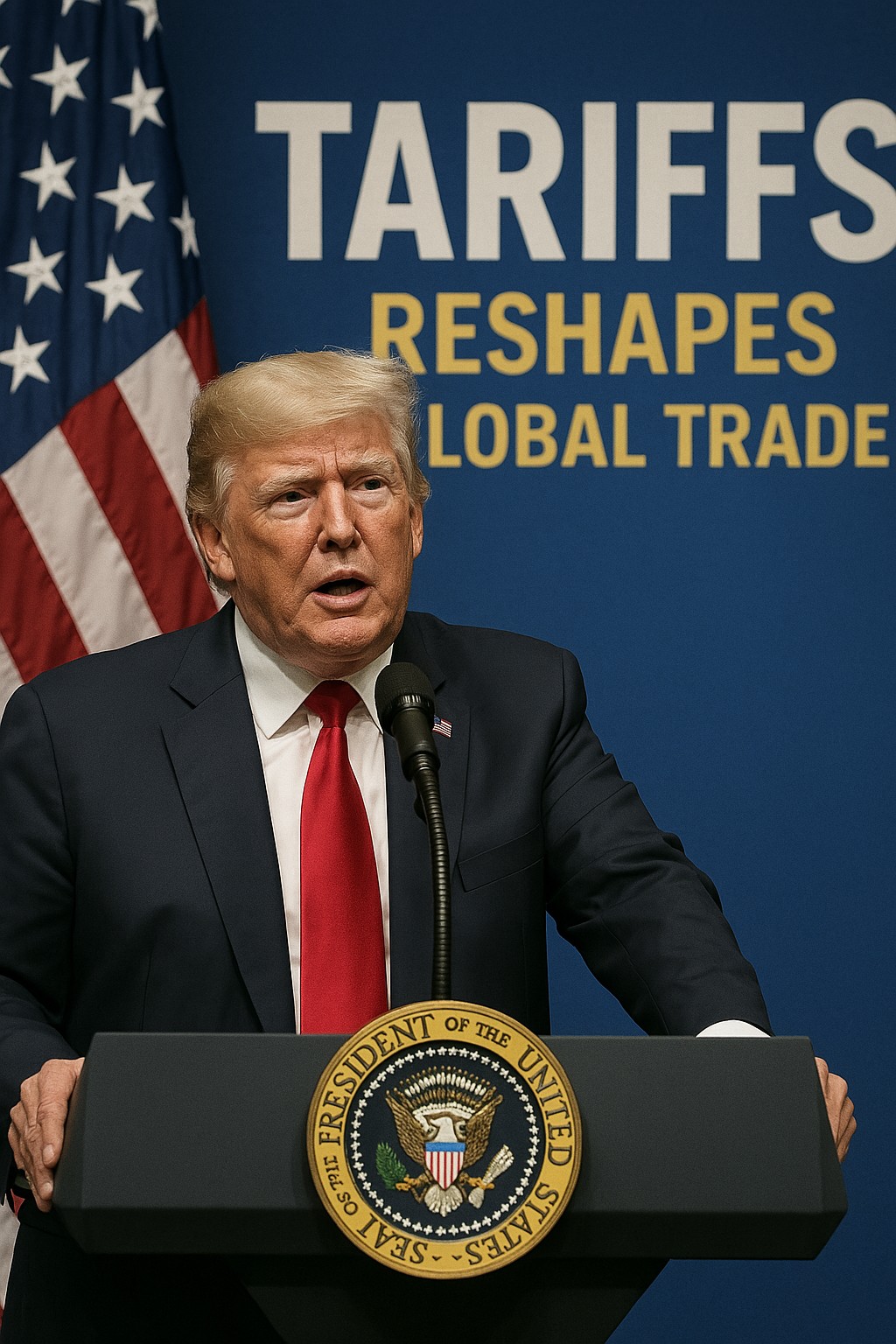
Recent reports have raised urgent concerns about North Korea’s nuclear capabilities. According to South Korea’s National Intelligence Service (NIS), the country has amassed enough uranium to create a double-digit number of nuclear bombs. This alarming development underscores the pressing need to address North Korea’s ongoing efforts to expand its arsenal.
The NIS shared this information with lawmakers during a briefing. They emphasized that North Korea aims to increase its nuclear weapons stockpile. This goal is not new. In recent years, North Korea has consistently pursued advancements in its nuclear program. The regime views these weapons as essential for its national security.
Experts are worried about the implications of this situation. More nuclear weapons could lead to increased tensions in the region. Moreover, it may provoke a response from neighboring countries. South Korea and Japan are particularly concerned. They fear that a stronger North Korean arsenal could destabilize the entire region.
In addition, the international community is watching closely. The United States has expressed its disapproval of North Korea’s actions. Diplomatic efforts to denuclearize the Korean Peninsula have largely stalled. North Korea has repeatedly rejected talks, insisting on its right to develop its military capabilities.
Transitioning to a more detailed look, North Korea’s uranium stockpile is a significant factor. Uranium is crucial for building nuclear bombs. The more uranium a country has, the greater its potential for nuclear weapons production. This has raised alarms among intelligence agencies worldwide.
Furthermore, the NIS report indicates that North Korea is not just stockpiling uranium. The country is also enhancing its enrichment capabilities. This means they can produce even more weapons-grade material. As a result, their nuclear threat is becoming more pronounced.
The implications are profound. A larger nuclear arsenal could embolden North Korea, potentially leading to more aggressive military posturing. This, in turn, could ignite conflicts in an already volatile region. The stakes are high, and the need for diplomatic solutions is urgent.
Moreover, analysts suggest North Korea’s actions are a form of negotiation. The regime often uses its nuclear capabilities as leverage in international talks. North Korea seeks to gain concessions from other countries by showcasing its advancements. This strategy has worked in the past, but the risks are escalating.
The situation is further complicated by internal politics in South Korea and the United States. Both nations face their challenges. Leadership changes and shifting public opinions can affect their responses to North Korea. Therefore, a united front is not just crucial, it’s imperative. Without it, North Korea may feel emboldened to continue its nuclear pursuits.




